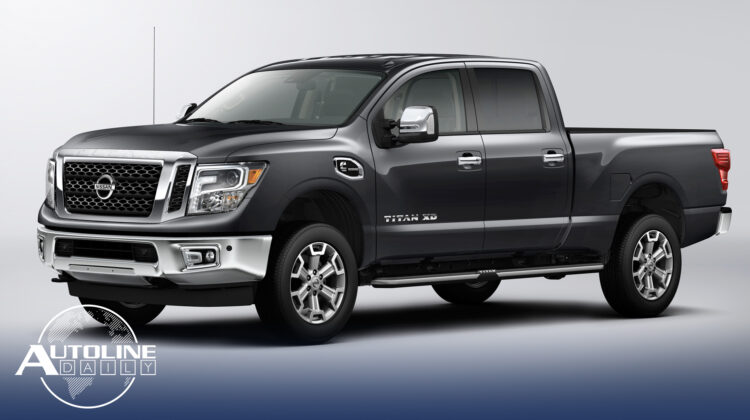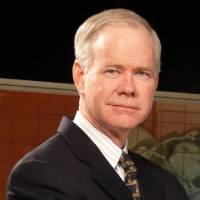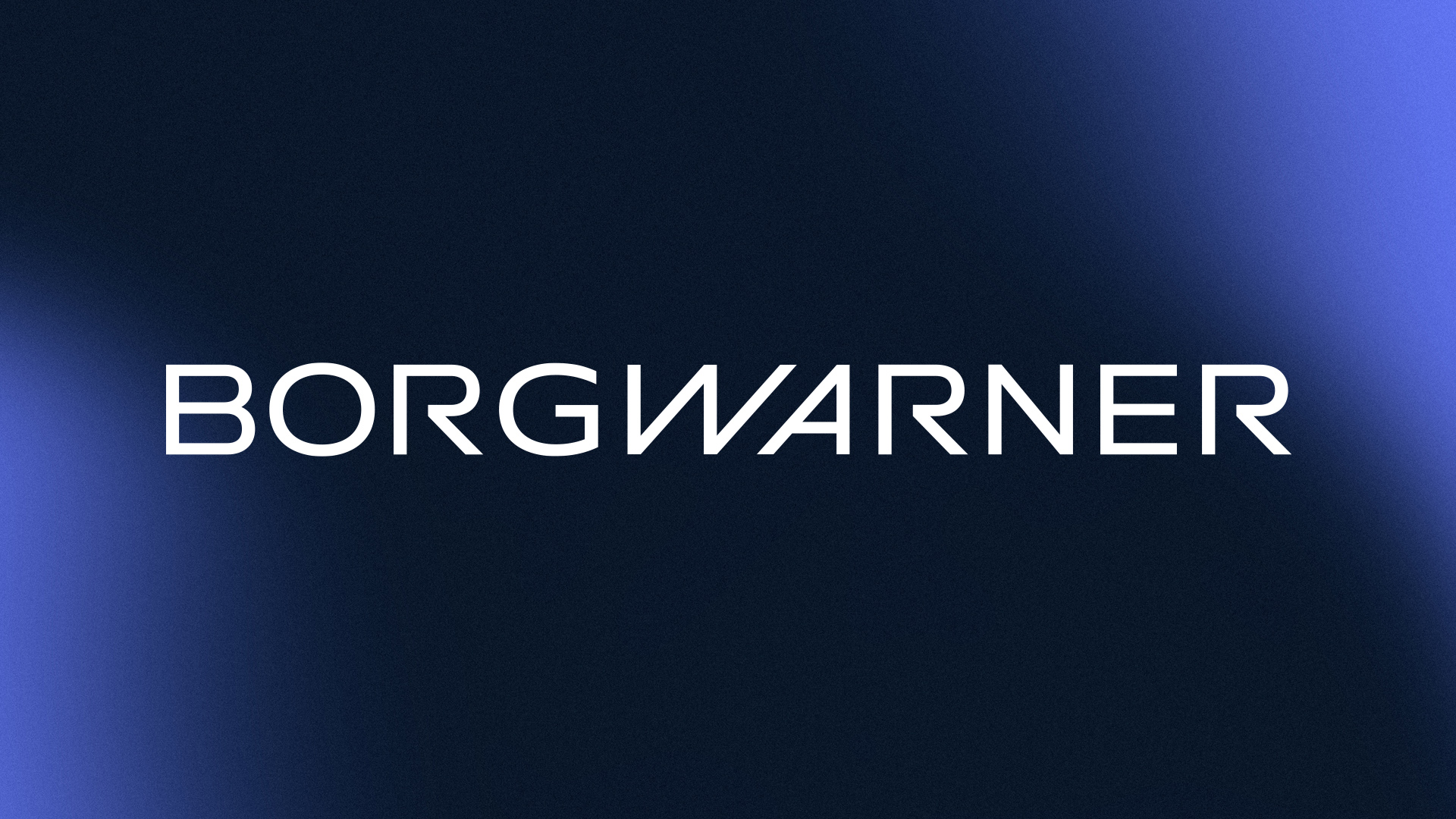
Follow us on social media:
Runtime: 6:48
0:07 Mercedes Offers Subsidies to Retrofit Diesels
0:41 USMCA Contains EV Supply Chain Provisions
2:26 New Battery Tech Will Help Grow Number of EVs
3:30 Ford Tests Satellite Dealer Storefronts
4:43 Senators Urge Carmakers to Join California Pact
5:33 Hyundai Teases Electric Racecar
5:47 Nissan Drops Two Titan Trims from Lineup
Visit our sponsors to thank them for their support of Autoline Daily: Bridgestone, Dana, and Yazaki.
This is Autoline Daily reporting on the global automotive industry.
MERCEDES OFFERS SUBSIDIES TO RETROFIT DIESELS
Mercedes-Benz is offering subsidies to customers in Germany to retrofit older diesel models. Owners can apply for a subsidy worth up to 3,000 euros to upgrade the exhaust filter of older diesel models, in order to avoid bans. A number of cities in Germany have started banning older diesel cars in order to curb pollution. Initially, German automakers offered software updates to fix the engines but consumer groups put pressure on carmakers to go with retrofits instead, which they claim are more cost effective.
USMCA CONTAINS EV SUPPLY CHAIN PROVISIONS
With the Trump Administration trying to weaken fuel economy standards and California’s EV mandate, there is a fear that the U.S. will lose out to China and Europe in developing an EV supply chain. But Autoline learned that the USMCA, the trade agreement that is supposed to replace NAFTA, contains provisions to force automakers to develop EV supply chains in the U.S. Under the USMCA, 75% of the content of a vehicle must be made in the U.S., Mexico or Canada. This includes “core” components such as engines, transmissions, steering, axles and battery packs including the battery cells. Those components must meet that threshold for content and 40% to 45% of that content has to be made with labor, earning at least a $16 an hour wage rate—which essentially means they cannot be made in Mexico. If automakers do not meet these thresholds, they will be subject to import tariffs, 2.5% for cars, 25% for trucks. Any automaker that wants to sell electric cars in the U.S. will have to make the motor, transmission and battery pack including cells in the U.S. Right now, the USMCA is tied up in Congress, but if and when it’s enacted, it is designed to create an electric car supply chain in the U.S.
NEW BATTERY TECH WILL HELP GROW NUMBER OF EVs
According to ABI Research, there will be 100 million EVs on the road by 2028 due to significant improvements in battery technology that will reduce consumer’s range anxiety. The ‘significant improvements’ will come in the form of solid-state and silicon-dominant batteries. Not only will these batteries be safer, they’ll have higher energy density and allow for faster charging. ABI predicts that by 2025, we will see silicon-dominant batteries with energy densities of 400 watt-hours per kilogram and charging power of 300+ kW. The Tesla Model 3 is estimated to have an energy density of 250 watt-hours per kilogram and Superchargers put out 150 kW. And starting around 2026 ABI says we’ll start to see solid-state batteries, which will enable energy densities of at least 500 Wh/kg and offer 500 kW+ charging power.
FORD TESTS SATELLITE DEALER STOREFRONTS
Ford is taking a page out of Tesla’s book and opening storefronts as a new way to reach customers. The automaker is testing what it calls “Smart Labs” at four locations outside of the U.S. One is in Quebec, Canada and the other three are located in Europe. The company plans to open one in the U.S. in a mall but hasn’t revealed the location. The labs are basically satellite storefronts for dealers and will have employees to answer questions and pass sales leads to the dealers. Fewer people are visiting dealerships, so automakers need to try new ways, like this, to reach customers.
And be sure to check out our coverage of the Center for Automotive Research’s Management Briefing Seminar. We’re posting interviews from the conference over the next few days. And we’ll be broadcasting live from the conference on Thursday, August 8th at 11AM eastern time. Look for that on our website or YouTube channel.
SENATORS URGE CARMAKERS TO JOIN CALIFORNIA PACT
Last month, Ford, Honda, BMW and Volkswagen reached a deal with the state of California to voluntarily boost their fleet average fuel economy to 50 MPG by 2026. And now a group of 30 Democrat Senators, sent letters to the heads of 14 carmakers, putting pressure on them to join the pact. Last year, the Trump Administration proposed to freeze fuel economy standards enacted by the Obama Administration to 2021 levels. The White House also wants to revoke California’s ability to set its own standards. The other automakers aren’t ready to join the new California deal yet because if Trump gets his way, they wouldn’t be bound by the stricter rules. But one thing’s for sure, this battle is far from over.
HYUNDAI TEASES ELECTRIC RACECAR
Here’s something interesting. Hyundai says it’s begun work on its first-ever electric race car. There’s not much to go on, but it’s being developed in Germany and will debut at the Frankfurt auto show.
NISSAN DROPS TWO TITAN TRIMS FROM LINEUP
Nissan continues to trim its lineup, as it tries to cut costs from its operations. Late last month we reported that there would not be a 2020 Rogue Hybrid and now both the Titan XD diesel and Titan regular cab will be going away by the end of the year. In fact, Cummins will stop making that 5.0L V8 diesel engine altogether. Even though its model lineup is being trimmed, the Titan will receive a mild refresh this fall.
And just a reminder that there will not be a new Autoline After Hours this week. But John and Gary will be back next week, August 15th for some of the best insider discussions in the industry.
But that wraps up today’s report, thanks for watching and we’ll see you again tomorrow.
Thanks to our partner for embedding Autoline Daily on its website: WardsAuto.com

John McElroy is an influential thought leader in the automotive industry. He is a journalist, lecturer, commentator and entrepreneur. He created “Autoline Daily,” the first industry webcast of industry news and analysis.





